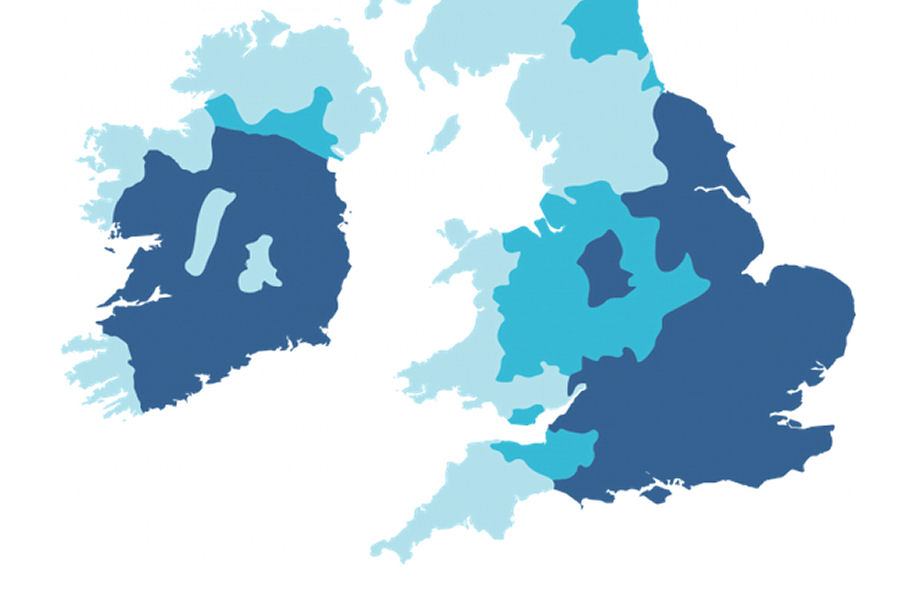

In many parts of the UK, the water is considered 'hard' and East Anglia is one of of those regions. Hard water has a high number of dissolved minerals (mostly magnesium and calcium). Water is naturally soft when it falls from the sky and gains its hardness after coming in to contact with the ground. If rainwater lands in an area with porous rock such as limestone, the water penetrates the ground and as it passes through collects and dissolves particles and minerals, gaining its hardness. If the water falls on non-porous rock such as granite, the water cannot penetrate the ground and therefore cannot pick up any particles or minerals and so stays soft.
When hard water makes its way into our homes problems can arise. When the hard water molecules are agitated or warmed up in kettles, dishwashers and other appliances, the hardness can precipitate as scale. Scale can block pipes and reduce the effectiveness of household appliances and your boiler.
As smart as the contextual smart home is, it can't always predict our hot water needs with 100% accuracy and sometimes we need to just 'boost' the hot water heating in our current home. To achieve this we use a '+30' and '+60' buttons, which extend the time the water heating is on be a set time. In the contextual smart home buttons can be physical buttons or software buttons within various user interfaces.
Water softeners generally take up space and need to be considered at build time. Many also require salt blocks, which need to be stored somewhere.